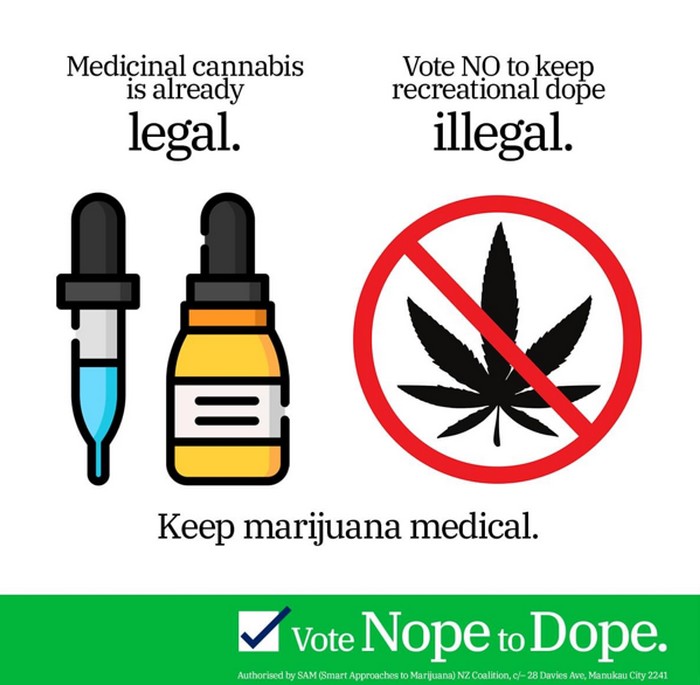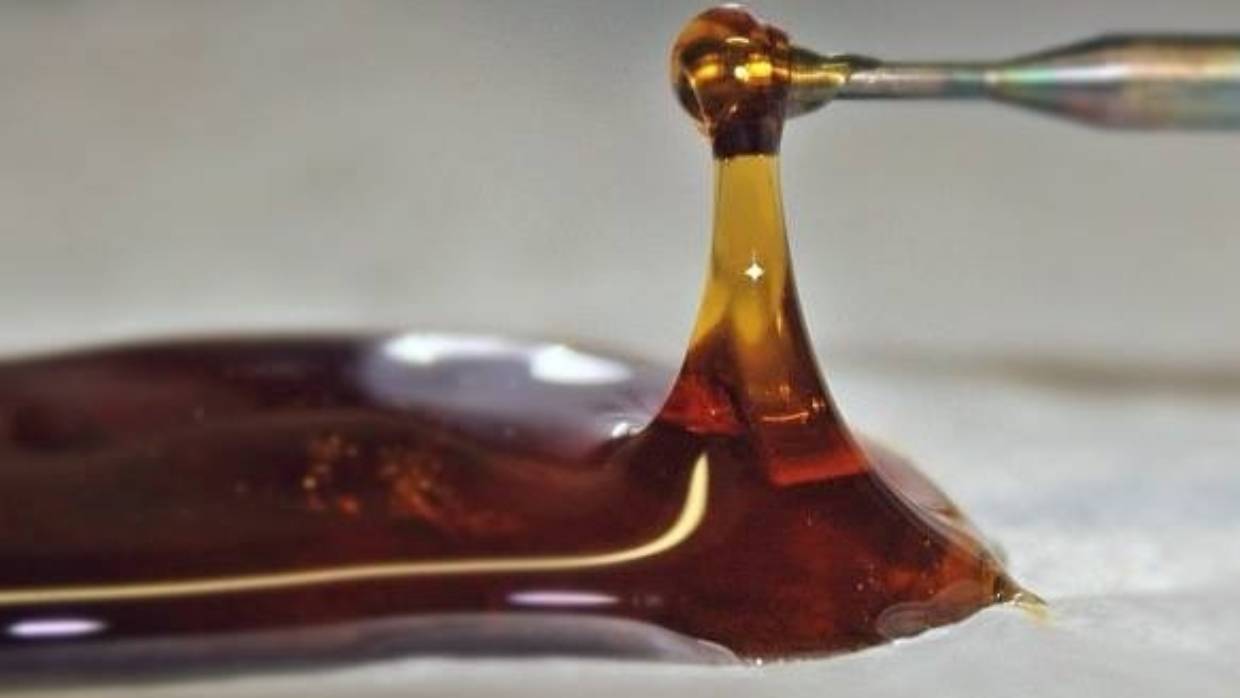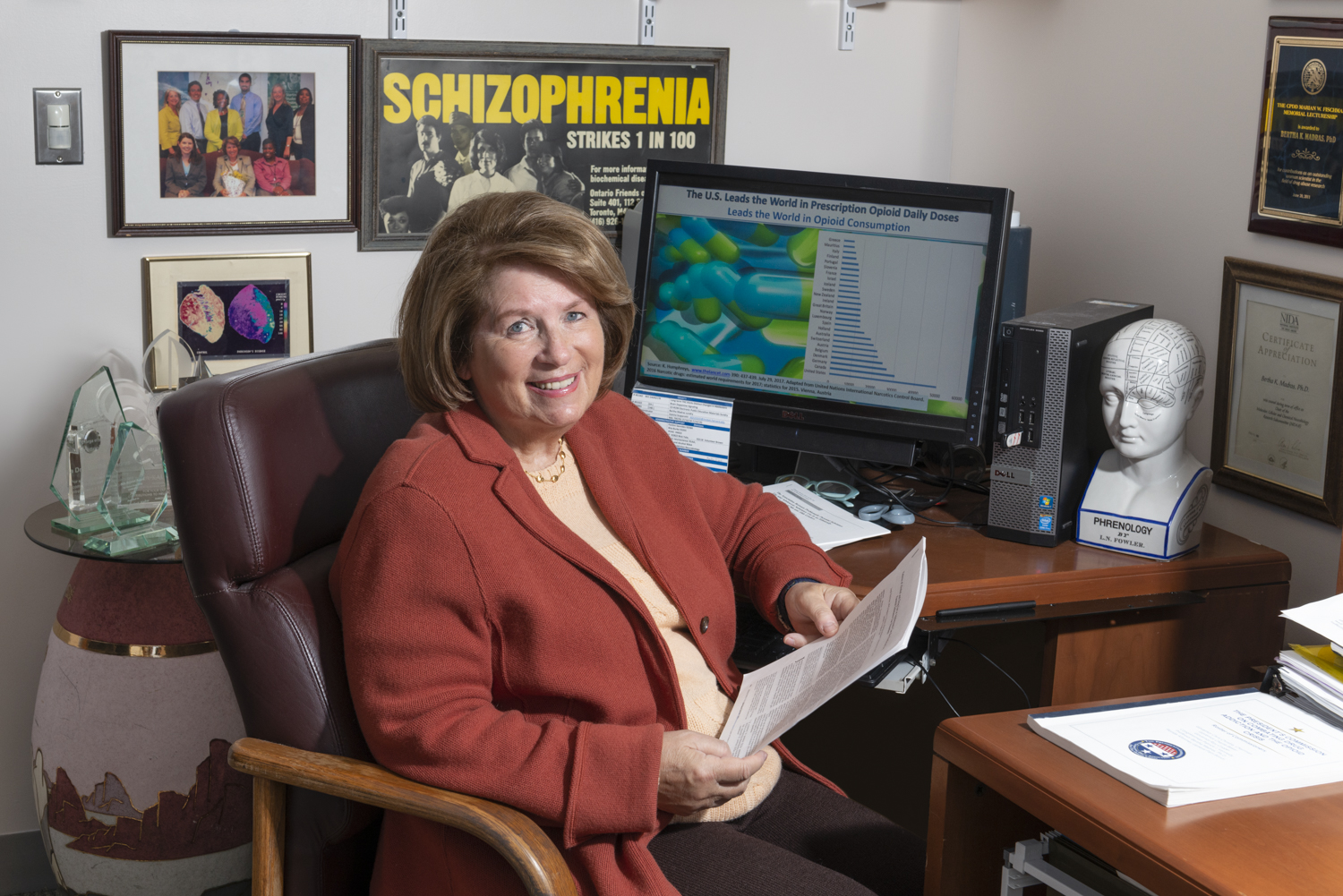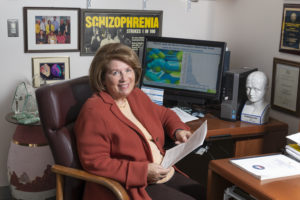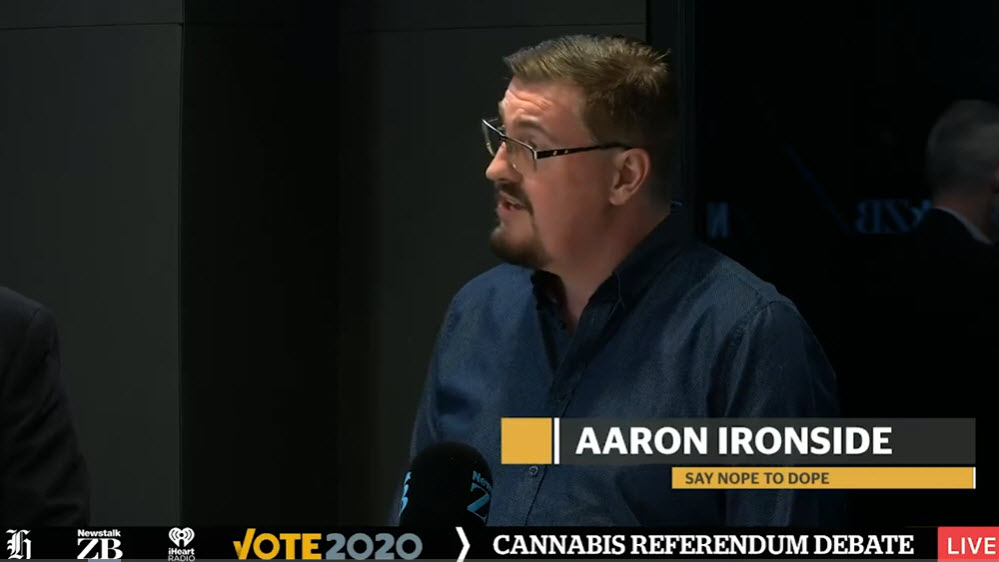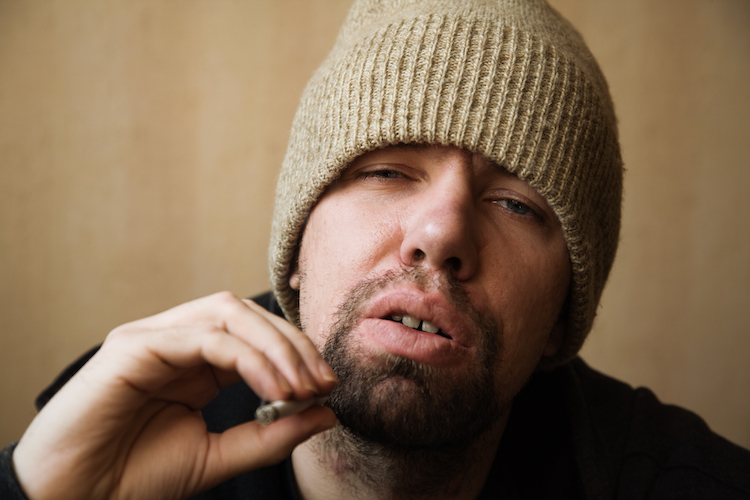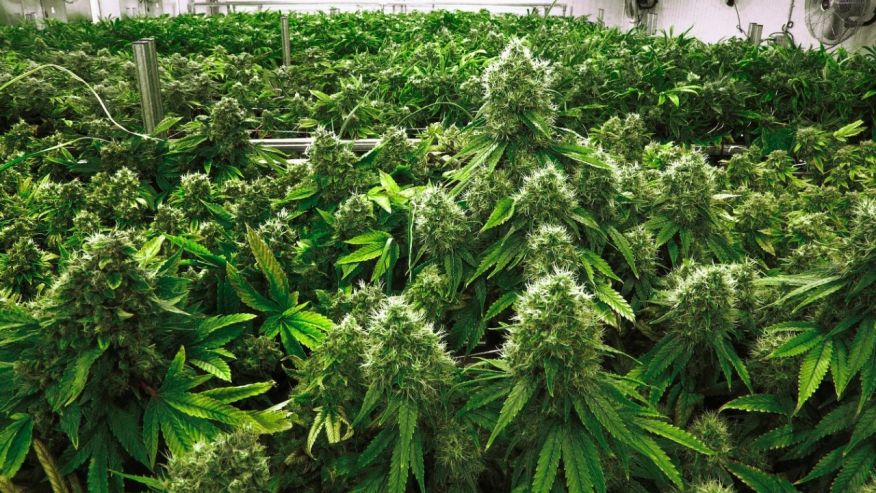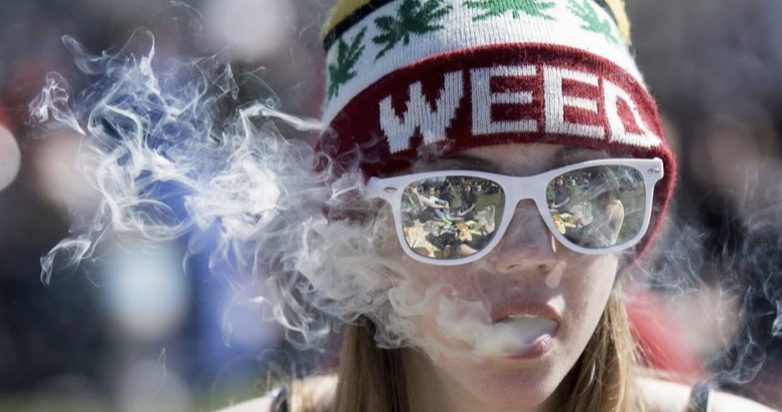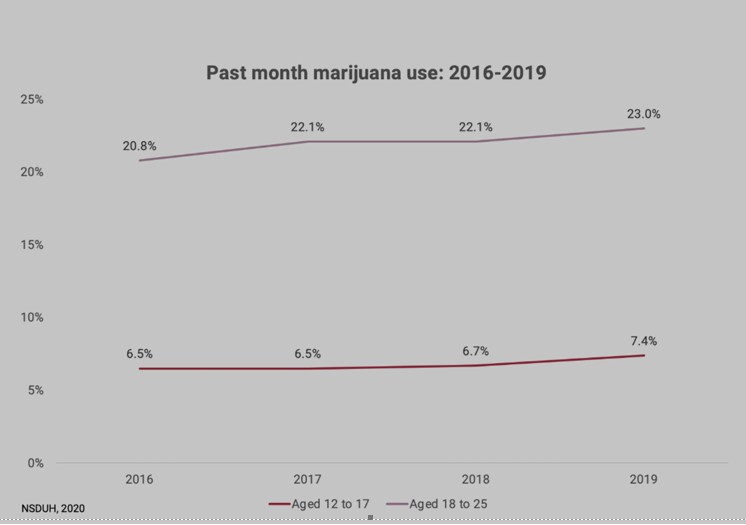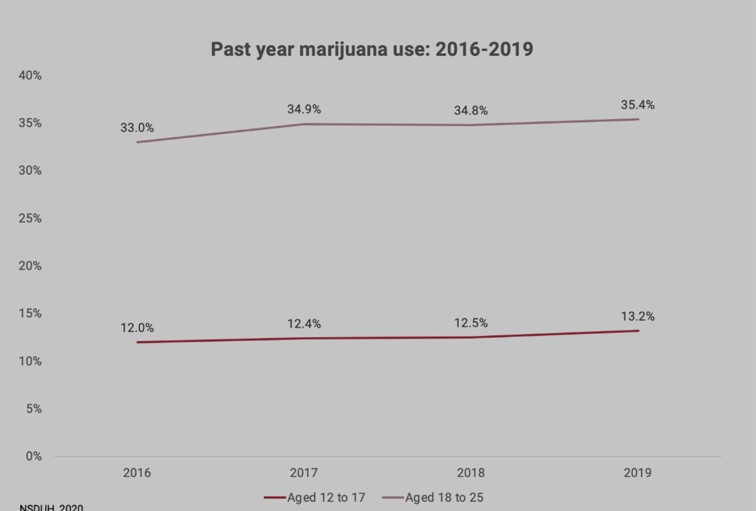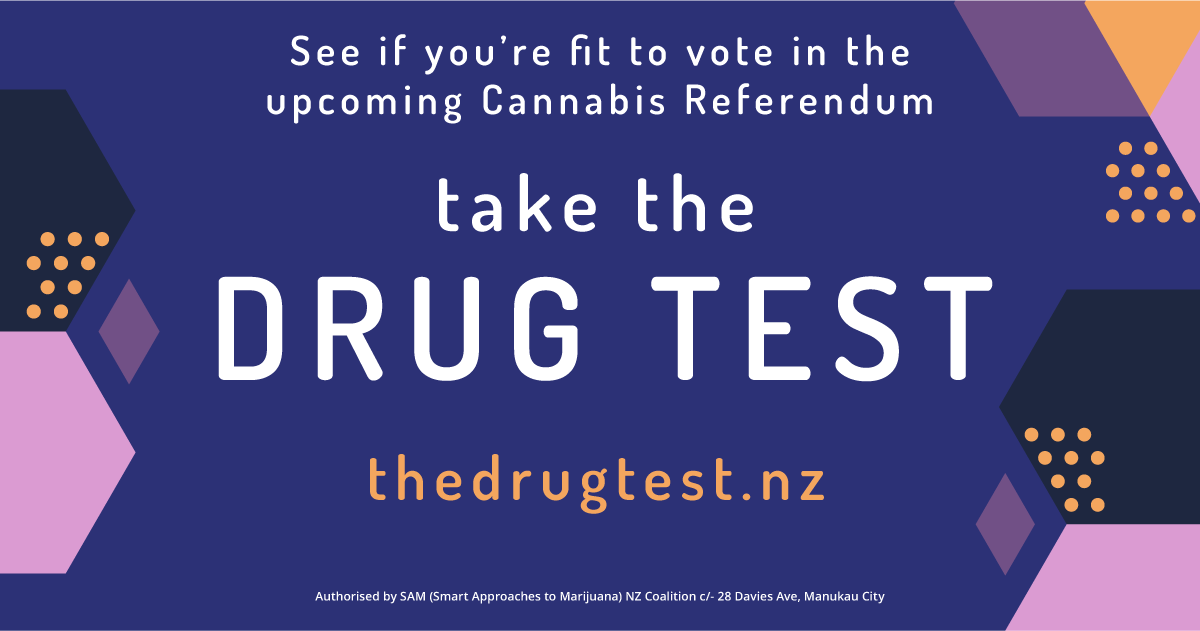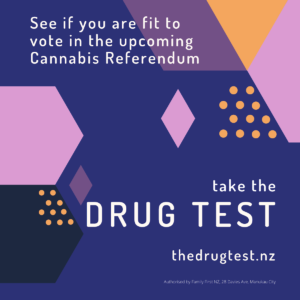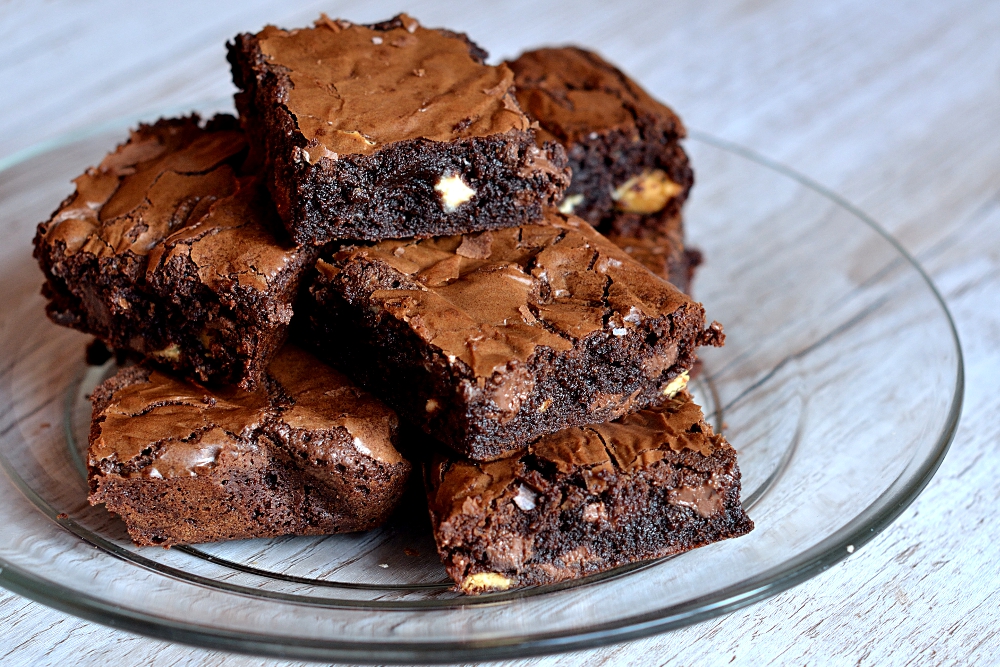
Parent Map 1 March 2017
Our additional comment: Be warned, New Zealand
“While today’s teens are less likely to use tobacco or drink, youth marijuana use is creeping up. Washington’s most recent Healthy Youth Survey (HYS) showed decreasing alcohol and tobacco use with teens two times more likely to use marijuana than smoke cigarettes. One in five high school sophomores and one in four high school seniors reported marijuana use in the past month. Marijuana edibles look like supermarket products, and there’s no smoke, so kids can use them without adults catching on. Even though pot edibles, like all marijuana products in Washington state, are legally off-limits to the under-21 crowd, acquiring the treats is no problem for kids… Because the THC in an edible marijuana product can take an hour or two after ingestion to take effect, overdosing is all too easy, says Liebelt. Kids may eat a piece of candy and feel no effect, so they’ll eat another piece 20 minutes later. Within a couple of hours, they could be feeling sicker than they’ve ever felt, or worse — they could lose consciousness.”
Teens looking to catch a buzz after an Eastside high school’s recent winter tolo dance were met with a little less smoke and a lot more sugar. Instead of joints and cigarettes, marijuana edibles — mostly candies and cookies — were pocketed and slipped into the dance and after-parties, often without raising suspicion among supervising adults, says 17-year-old Hannah, a junior at the school. “That was the main way I heard about parties going down,” she says. “It’s a very recent trend. [Pot] has always been around, but this seems much more prevalent.”
It’s easy to understand why: Marijuana edibles look like supermarket products, and there’s no smoke, so kids can use them without adults catching on. Even though pot edibles, like all marijuana products in Washington state, are legally off-limits to the under-21 crowd, acquiring the treats is no problem for kids, says Hannah.
In her experience, many kids get edibles from older siblings or college-age friends, most of whom purchase them at one of Seattle’s many retail pot establishments. Since the state’s first recreational marijuana shops opened in 2014, the state has granted nearly 1,000 producer licenses and almost 500 retail licenses, making pot truly mainstream.
The new drug of choice
While today’s teens are less likely to use tobacco or drink, youth marijuana use is creeping up. Washington’s most recent Healthy Youth Survey (HYS) showed decreasing alcohol and tobacco use with teens two times more likely to use marijuana than smoke cigarettes. One in five high school sophomores and one in four high school seniors reported marijuana use in the past month.
It’s important to note that the HYS indicates fewer teens believe marijuana to be harmful, says Liz Wilhelm, M.S., of the Adolescent Medicine division at Seattle Children’s Hospital’s and the drug-free communities coordinator with the Prevention Works in Seattle (WINS) Coalition. “As beliefs about perceived harm go down, use goes up,” says Wilhelm.
If teens don’t believe marijuana is harmful, it’s likely because adults don’t, either. A majority of Seattleites voted to legalize recreational pot in 2012, making it clear that we don’t object to pot-related relaxation for adults. But kids’ bodies and brains differ from those of adults, and tolerance for marijuana products varies widely among youths, says Dr. Erica Liebelt, medical director for the Washington Poison Center (WAPC).
READ MORE: https://www.parentmap.com/article/marijuana-edibles-teenagers-legal-drugs

